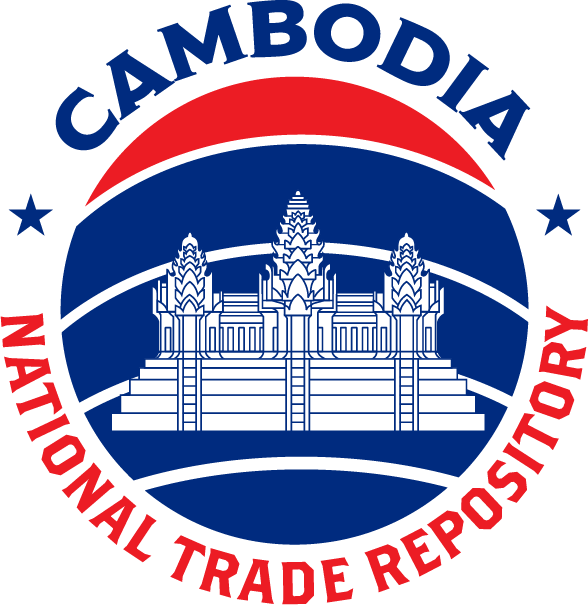The European Union is expected to enter Kampong Speu palm sugar into its registry of protected geographical indicators (GI) by July following a push by the Cambodian government to protect the specialty food product in one of its biggest markets, a Ministry of Commerce official said yesterday.
If the EU accepts Cambodia’s application, Kampong Speu palm sugar would become the second Cambodian geographical indicator product to be recognised by the economic bloc following its registration last year of Kampot pepper. The status could help build the product’s reputation and protect its sales from counterfeits.
The ministry official, who declined to be named as he was not authorised to speak to the press, said the European Commission has already published Kampong Speu palm sugar’s GI application in the EU’s official gazette.
“The result now is positive and if there are no complaints, our palm sugar will be recognised and the announcement published in June or July,” the official said. “Recognition will build the confidence of consumers as it assures quality, standards and food safety.”
In 2010, Kampot pepper and Kampong Speu palm sugar became the first Cambodian goods to obtain GI status, a label that identifies and certifies the distinct geographical origin and associated qualities of a product, such as Champagne or Parmesan cheese.
The Ministry of Commerce’s effort to have Kampong Speu palm sugar registered in the EU is part of a campaign to protect its branding from imitators in key markets where it is sold.
“This is the second campaign by the Ministry of Commerce to expand markets for our palm sugar after Kampot Pepper was recognised [by the EU] last year and both GI products were recently recognised by Thailand and Vietnam,” he said. “We will continue to work and to push for GI status of other potential products.”
Sam Saroeun, president of the Kampong Speu Sugar Promotion Association, said international recognition of a product’s GI status helps to increase the value of the product as well as income for farmers who produce it.
“GI status adds value to our palm sugar and its recognition by the EU will protect it in the market and expand our sales there,” he said. “When we have high market demand our supply increases and farmers will earn more from producing palm sugar.”
According to Saroeun, a farmer can earn about $3,000 per year collecting juice from palm trees in accordance with the GI specifications.
He said that the association’s 178 members produced about 250 tonnes of Kampong Speu palm sugar in 2016. The GI-designated palm sugar fetches 5,000 riel per kilogram, about 50 percent more than its non-GI counterpart.
Source: http://www.phnompenhpost.com/business/palm-sugars-gi-status-could-soon-get-eu-protection

